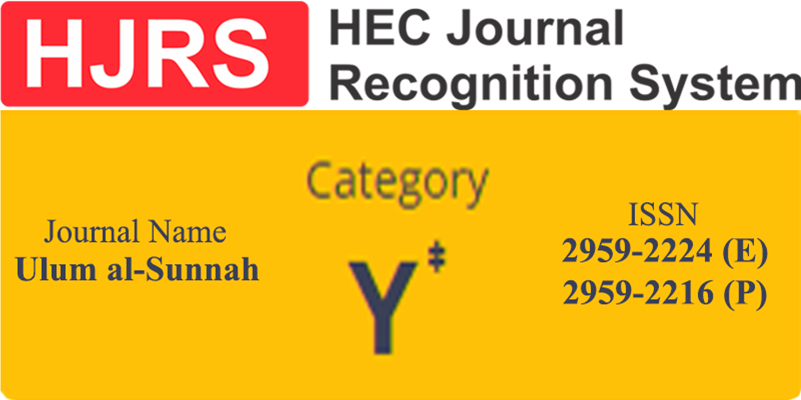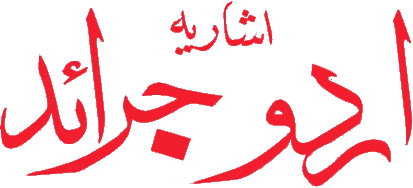توحید بطور محرک حیات: اقبال کے فکری اور ادبی شعور کا جائزہ
Monotheism as the Motivator of Life: A Review of Iqbal's Intellectual and Literary Consciousness
Keywords:
Allama Iqbal, Tawheed, Monotheism, Khudi, Islamic Philosophy, Muslim Identity, Islamic Unity, Spirituality in Poetry, Quranic Thought, Anti-pantheism, Iqbal's Aesthetics, Political Theology, Action Philosophy, Islamic RevivalAbstract
This article explores the central role of Tawheed (the concept of monotheism) in shaping the philosophical and poetic vision of Allama Muhammad Iqbal. For Iqbal, Tawheed is not merely a theological doctrine but a dynamic and revolutionary force that breathes vitality into the individual and the collective Muslim identity. The paper traces the roots of Iqbal’s concept of Tawheed in his spiritual upbringing and Qur’anic reflection, distancing it from speculative theology and pantheistic mysticism. It examines how Tawheed informs his notions of Khudi (selfhood), spiritual freedom, political unity, and intellectual awakening. The study reveals that Iqbal’s poetry is a poetic manifesto of Tawheed, invoking moral empowerment, cultural resistance, and existential purpose. Furthermore, the article assesses the impact of Tawheed on Iqbal’s aesthetics, historical vision, and his critique of both materialism and passive mysticism. By embedding Tawheed into the heart of his poetic and philosophical discourse, Iqbal offers a holistic worldview where belief, action, creativity, and human dignity converge under the banner of divine unity.
Downloads
Published
How to Cite
Issue
Section
License
Copyright (c) 2025 Farooq Ahmad, Dr. Azim Ullah Jundran

This work is licensed under a Creative Commons Attribution-NonCommercial 4.0 International License.
This is an open-access journal which means that all content is freely available without charge to the user or his/her institution. Users are allowed to read, download, copy, distribute, print, search, or link to the full texts of the articles, or use them for any other lawful purpose, without asking prior permission from the publisher or the author. All articles are available on the internet to all users immediately upon publication. Non-commercial use and distribution in any medium are permitted, provided the author and the journal are properly credited.










 Research Journal Indexed by Google Scholar
Research Journal Indexed by Google Scholar